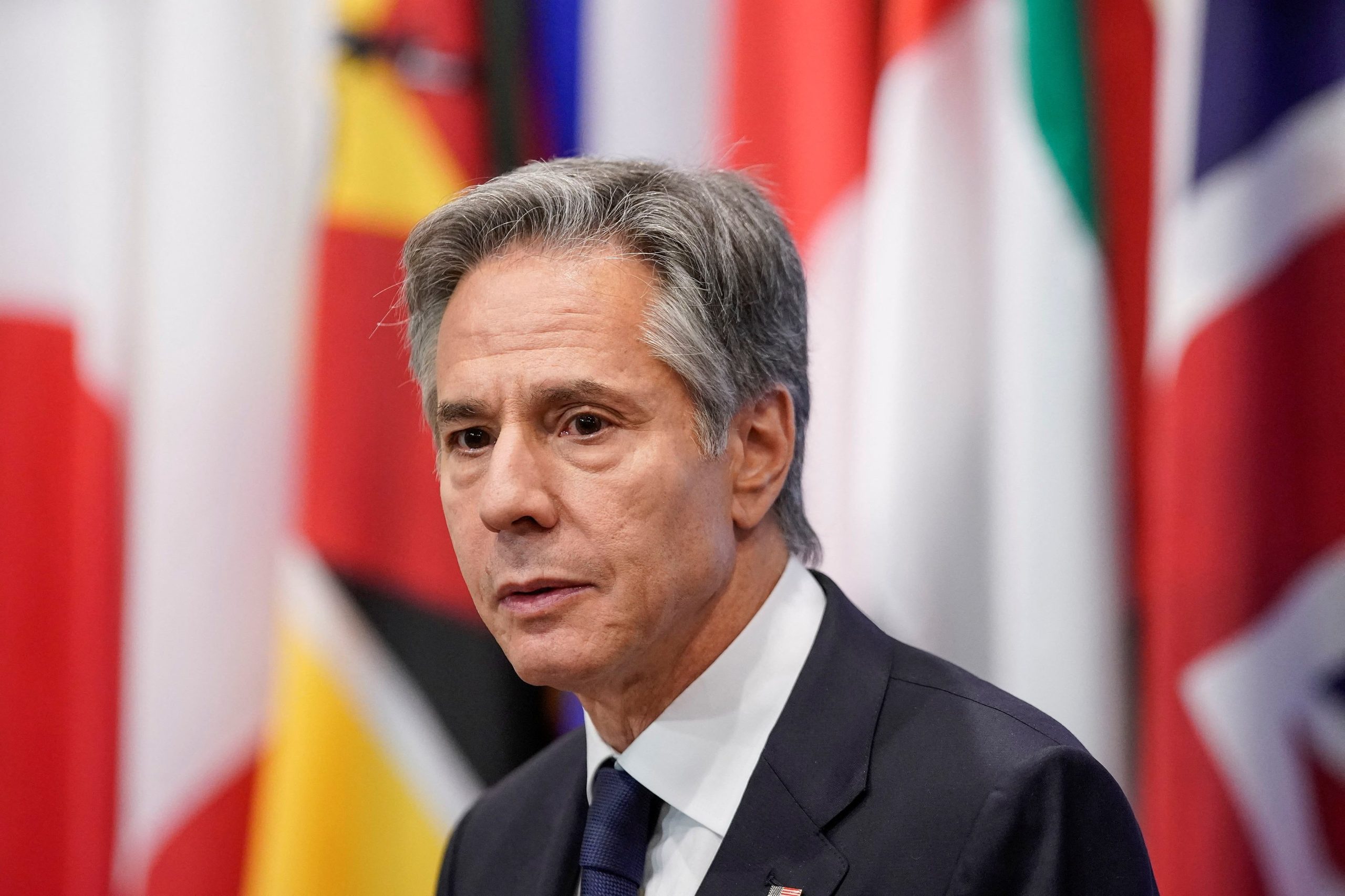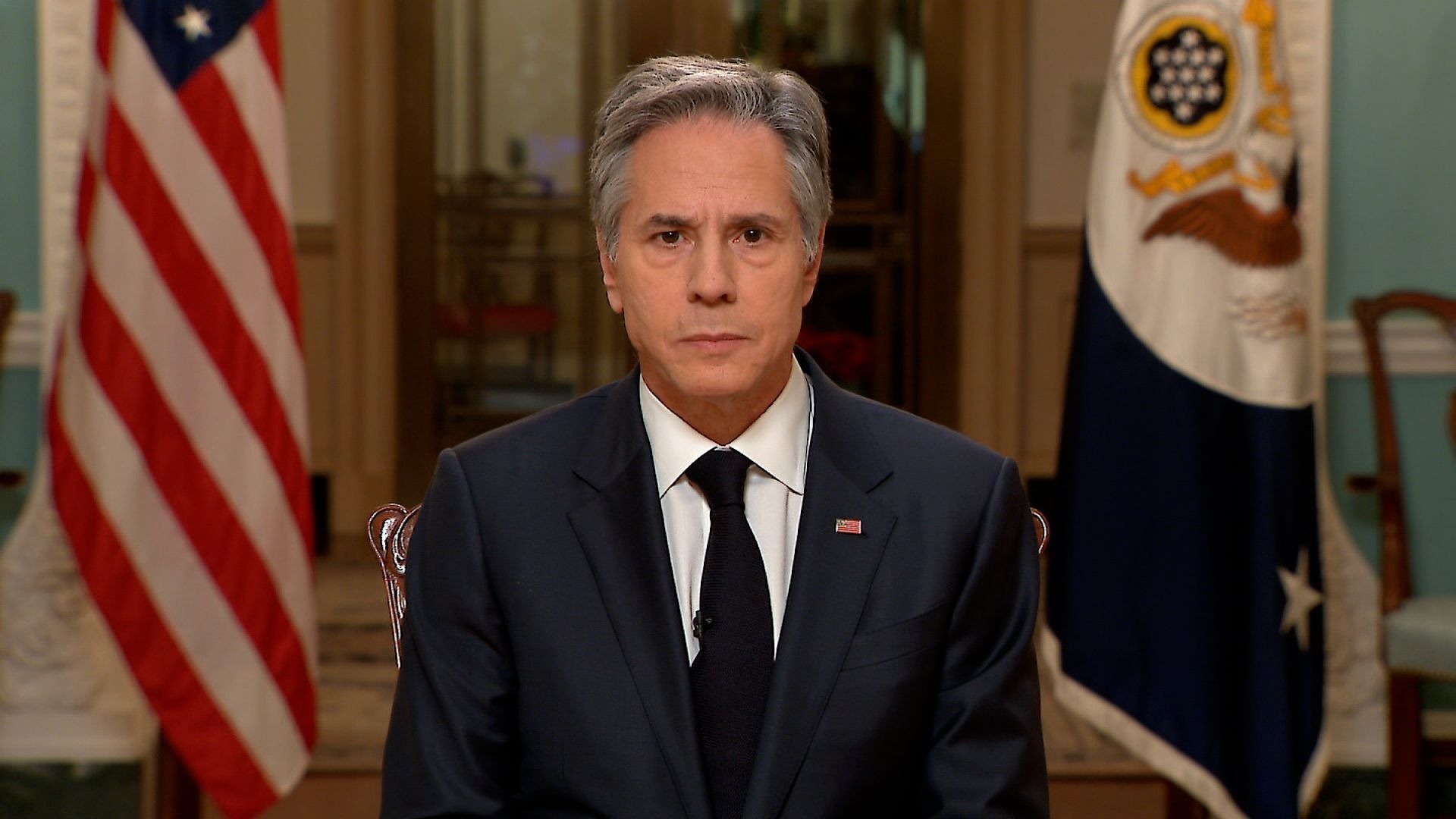John Flickinger faced the unimaginable tragedy of losing his son, Jacob, a humanitarian worker, in a series of drone strikes in Gaza. These strikes, conducted by Israel, targeted a convoy from the World Central Kitchen, which was delivering aid in the region.
Despite his grief, Flickinger spoke with U.S. Secretary of State Antony Blinken. He expressed an emotional plea for the U.S. to exert its influence on Israel, advocating for a cessation of the killings in Gaza by its forces.
Jacob Flickinger, 33, held dual U.S. and Canadian citizenship and was killed along with six other aid workers in the strikes on April 1. His father, John, in his dialogue with Blinken, suggested that a change in U.S. policy towards Israel, possibly including the suspension of aid, might have prevented his son’s death.

Although Blinken did not commit to any immediate policy changes, he acknowledged the Biden administration’s concerns to Israeli Prime Minister Benjamin Netanyahu, hinting at potential shifts in U.S.-Israel relations depending on the Israeli Defense Forces’ actions regarding civilian safety in Gaza.
John Flickinger hopes that these tragic events will catalyze the U.S. to reconsider its aid to Israel and adopt a more assertive stance to ensure the protection of civilians and humanitarian workers. He shared that Blinken also reached out to Jacob’s partner, Sandy Leclerc, who is now raising their one-year-old son, Jasper, alone.
Jacob, remembered fondly as a vibrant and caring individual, had a rich history of adventure and service, including spending 11 years with the Canadian Armed Forces and serving in Afghanistan. Despite understanding the risks, he volunteered in Gaza, driven by a desire to aid in a region with acute humanitarian needs.
The Israeli military has described the drone strikes as an unfortunate error, resulting in disciplinary actions against involved officers. However, John Flickinger perceives these actions as intentional, aimed at deterring humanitarian efforts in Gaza.
This perception is bolstered by the cessation of World Central Kitchen’s operations in the area, which he views as a tactic to leverage food against the civilian population.
The Flickinger family now navigates the process of repatriating Jacob’s remains from Cairo, with assistance from the Canadian government to support Leclerc and Jasper’s relocation back to Quebec.
This tragic event underscores the peril faced by humanitarian workers in conflict zones and the complex interplay of international relations, military actions, and the urgent need for humanitarian aid.
